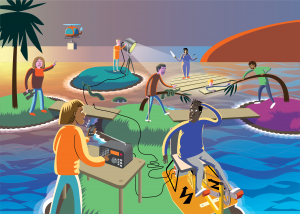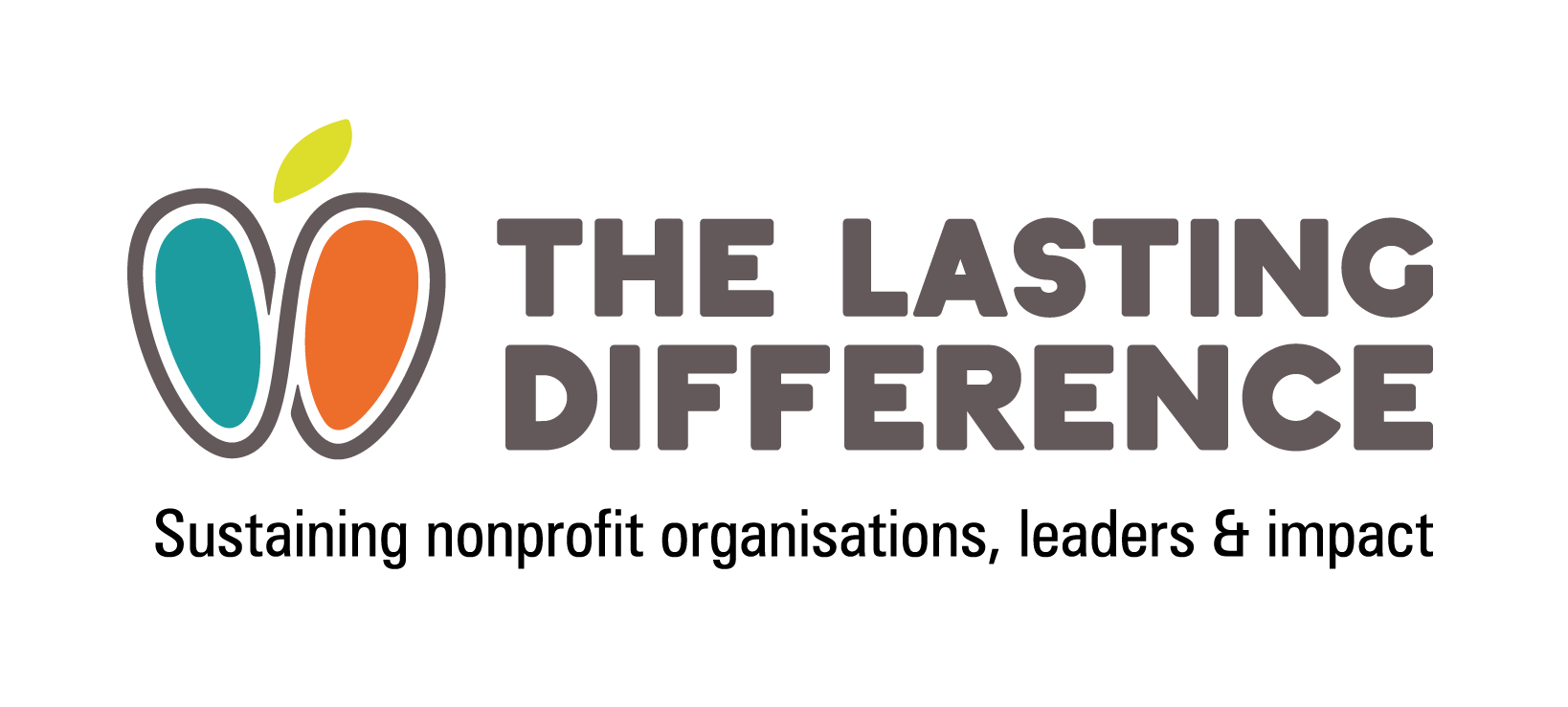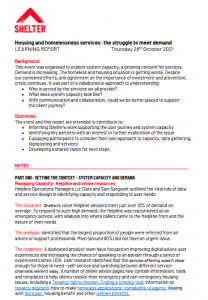Wherever you work, you’re part of a wider ecosystem. It’s made up of other people, communities, partners, funders and policy makers. You probably think that things would be better if that system would only change. And whether you work in social care, education, justice, housing, welfare rights or conservation, it’s likely that everyone else in the system agrees with you on that.
You’re even likely to agree on what needs to change – other people!
After all, you’re only one small part of a hugely complex environment. What can you do? Now take a moment to think from the perspective of the other people in your system – wouldn’t they say exactly the same?
- People and communities often feel powerless compared with the organisations they rely on.
- Workers in those organisations think that managers have the power.
- Managers think that funders do.
- Funders know their decisions are shaped by policy makers.
- Policy makers are all too aware that politicians call the shots.
- Politicians know where the real power is – in people and communities.
And so it goes.
If people agree that a change is needed, but your role relates only one part of system, how do you do it? If resources are scarce and everyone’s capacity is pushed, people might need you to do things that aren’t really your job. How do you manage that?

Shine a Light, our upcoming guide to Systems Capacity and Leadership, helps you meet these and other challenges. There are no easy answers. But there are valuable questions, principles and resources to guide the way. There are choices.
One of these is the discipline of taking a step back to see how things fit together. How the strengths, assets and resources in a system can be better used – including your own. How we all have power to shape the system and affect change.
Shine a Light will be published in summer 2022. Meantime you can download this insight report from our work with Shelter England on capacity within the housing and homelessness system:

